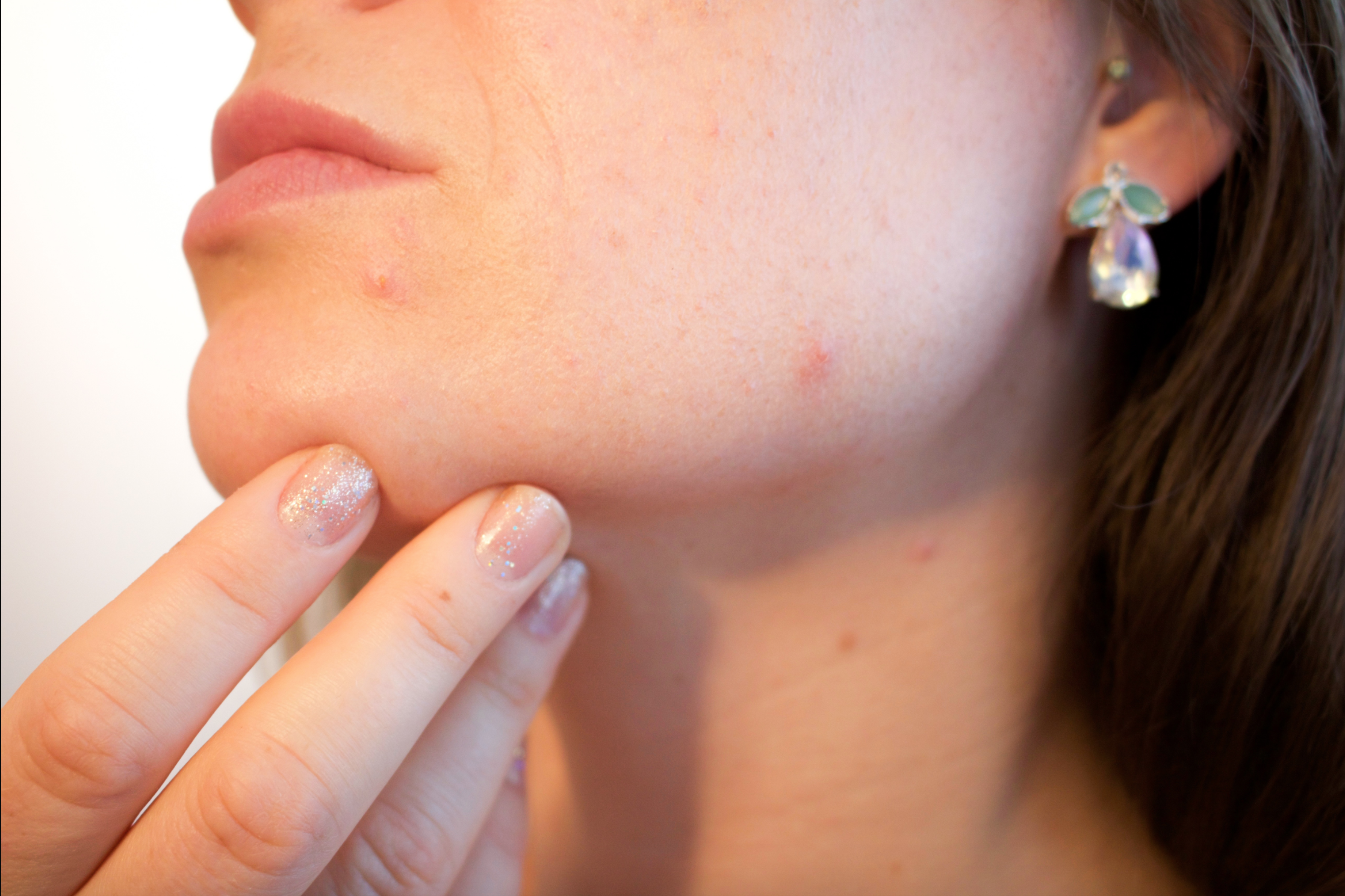
You may notice that your skin sometimes looks better during certain parts of your monthly cycle. If you’ve been pregnant or entered perimenopause, you’ve likely had changes in your complexion during those times as well. Breakouts, blemishes, oily skin, and related symptoms are associated with our hormone levels. Explore the ways in which hormones such as estrogen affect our skin and learn about treatment plans that can help you achieve a clearer complexion.
Why Hormonal Acne Develops
When hormone levels increase during menopause, the menstrual cycle, pregnancy, or because of an underlying medical condition, these changes can take a toll on the skin. Fluctuating androgen and testosterone result in excess oil and bacterial production. These substances clog the pores, causing inflammation and breakouts.
According to Healthline, adult acne affects about half of women in the 20 to 29 age group and about a quarter of women ages 40 to 49. In addition, about half of pregnant women develop acne, often during the first trimester when increased hormone levels result in increased oil production.
Older women may experience menopausal acne. During this phase of life, estrogen drops while testosterone rises. Women undergoing menopause also tend to have thinner, more sensitive skin that is more susceptible to blemishes and takes longer to heal.
Symptoms of Hormonal Acne
If your blemishes tend to pop up during the week before your period starts, hormonal acne could be the culprit. These pimples often occur on the lower part of the face, including the cheeks and jawline. In contrast, acne that occurs during puberty typically affects the chin, nose, and forehead. You may notice blackheads and whiteheads as well as small pimples or painful cysts deep within the skin.
Treatment for Hormonal Acne
Unlike other types of blemishes, hormonal acne usually does not clear up with over-the-counter skin treatments. Often, oral contraceptives can help balance hormone levels and prevent dramatic changes that cause oily skin and other PMS symptoms. Some women also benefit from products that contain alpha-hydroxy acids or topical retinoids, which are available in prescription strength but should not be taken when pregnant. If you’re pregnant, consult with your dermatologist or healthcare provider to discuss safe acne treatment options.
Good skin care can help improve some cases of hormonal acne. Wash your face with gentle products twice a day, wear sunscreen, and moisturize as needed. Choose formulas that won’t clog the pores, labeled as noncomedogenic.
If you are experiencing signs of hormonal acne, consider a consultation with the doctors at The Dermatology Clinic in Baton Rouge. We can analyze your complexion and overall health to create an acne treatment plan that fits your needs. Call (225) 769-7546 or request an appointment online with our board-certified dermatologists.
